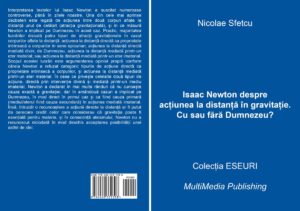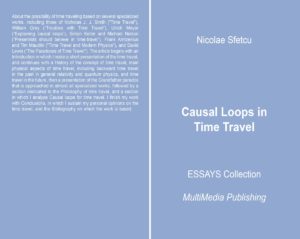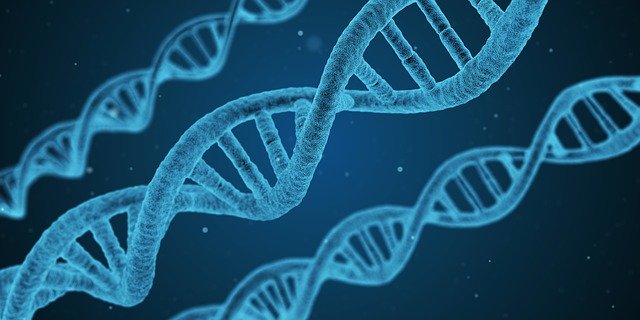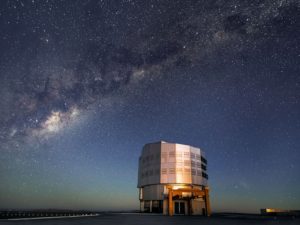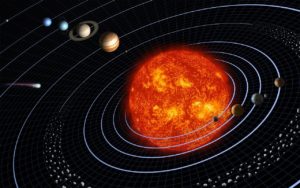 In Newton’s correspondence with Richard Bentley, Newton rejected the possibility of remote action, even though he accepted it in the Principia. Practically, Newton’s natural philosophy is indissolubly linked to his conception of God. The knowledge of God seems to be essentially immutable, unlike the laws of nature that can be subjected to refining, revision and rejection procedures. As Newton later states in Opticks, the cause of gravity is an active principle in matter, but this active principle is not an essential aspect of matter, but something that must have been added to matter by God, arguing in the same Query of Opticks even the need for divine intervention.
In Newton’s correspondence with Richard Bentley, Newton rejected the possibility of remote action, even though he accepted it in the Principia. Practically, Newton’s natural philosophy is indissolubly linked to his conception of God. The knowledge of God seems to be essentially immutable, unlike the laws of nature that can be subjected to refining, revision and rejection procedures. As Newton later states in Opticks, the cause of gravity is an active principle in matter, but this active principle is not an essential aspect of matter, but something that must have been added to matter by God, arguing in the same Query of Opticks even the need for divine intervention.
DOI: 10.13140/RG.2.2.16732.44162
About God in Newton’s correspondence with Richard Bentley and Queries in Opticks
